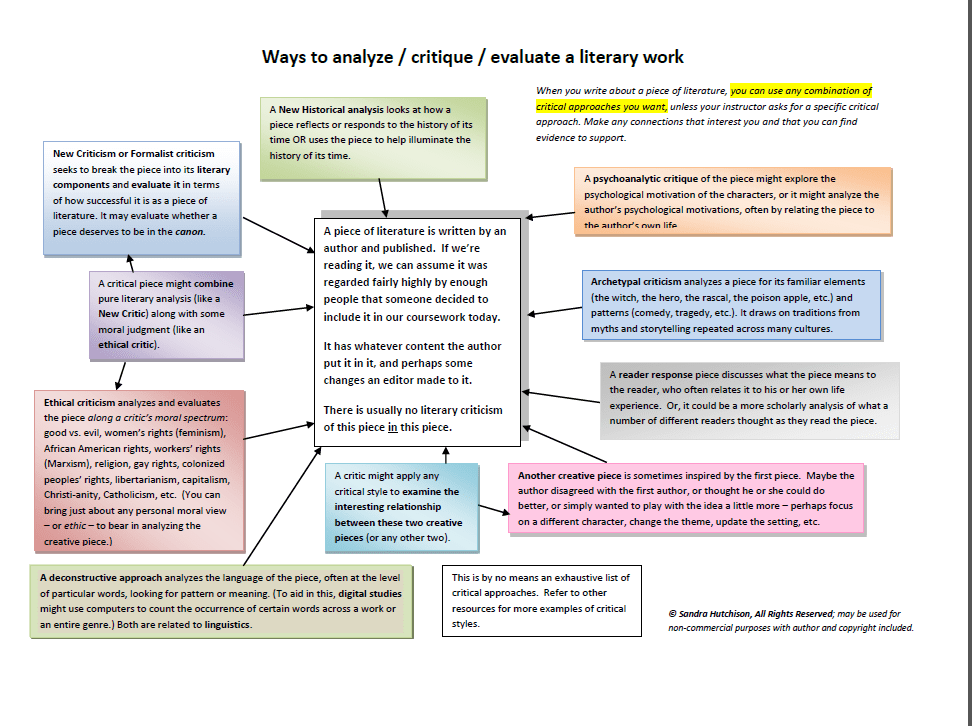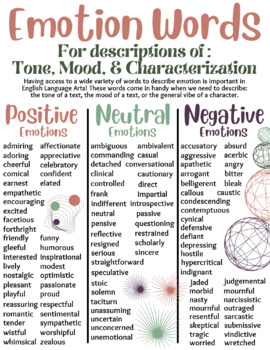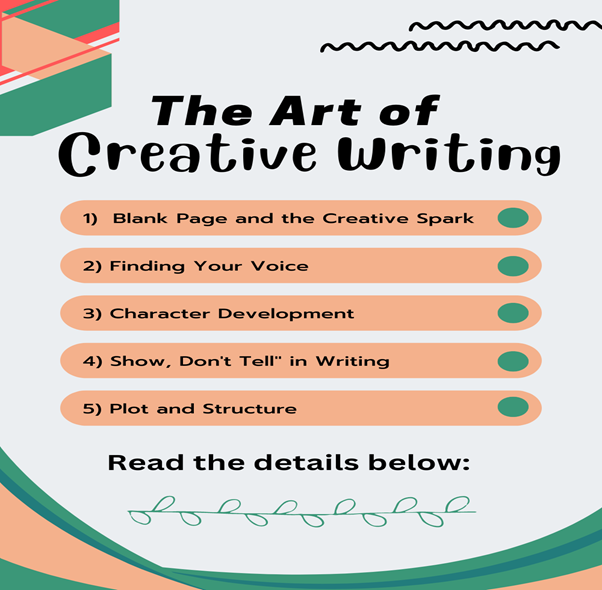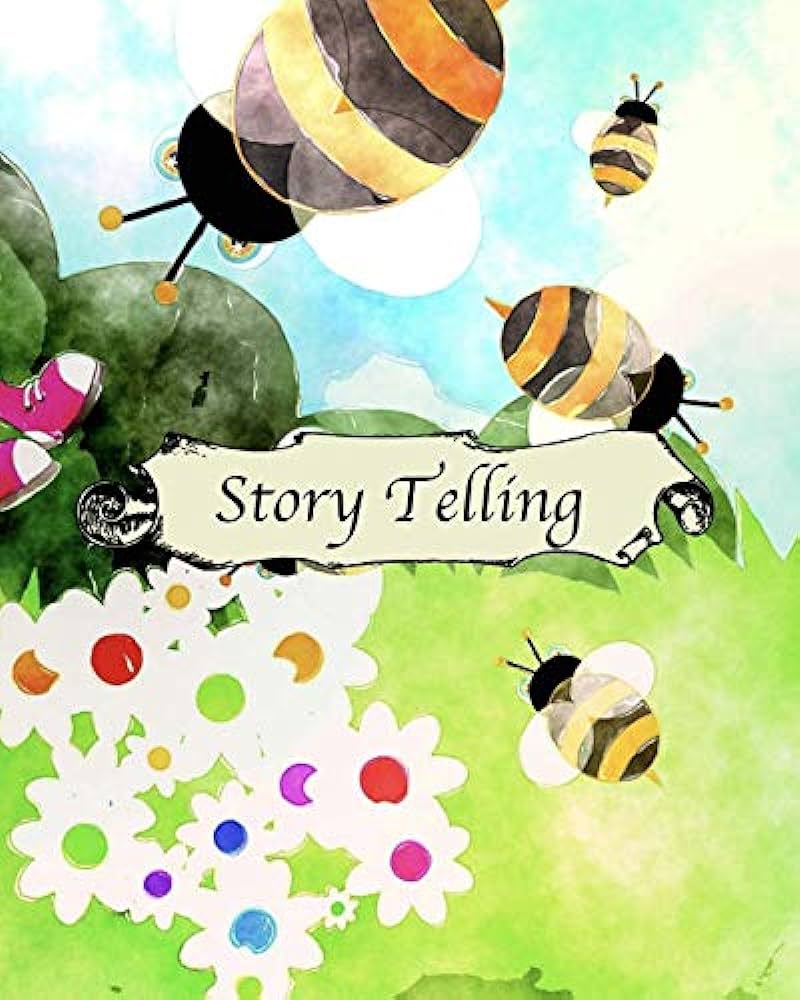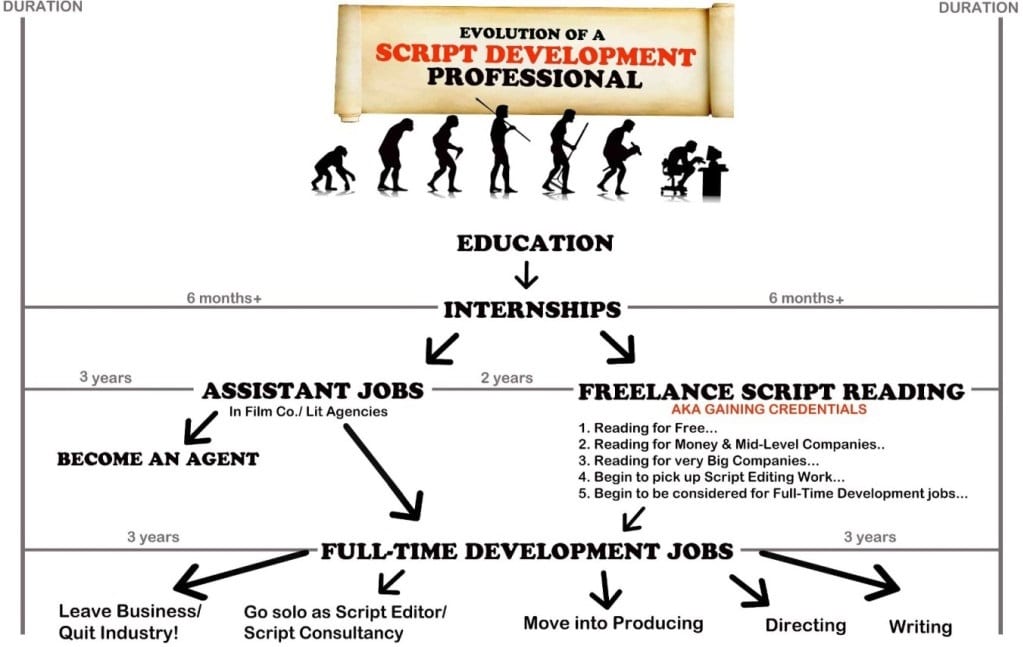Exploring the Power of Literary Criticism and Analysis
Literary criticism and analysis play a crucial role in understanding and appreciating literature. By delving deeper into the layers of meaning, symbolism, and techniques employed by authors, we can unlock a world of insights and interpretations. Whether you are a student, an avid reader, or even an aspiring writer, harnessing the power of literary criticism can greatly enhance your understanding and enjoyment of literary works. In this blog post, we will explore the significance of literary criticism and provide valuable insights into how to effectively analyze literature.
1. What is Literary Criticism?
Literary criticism is the evaluation, interpretation, and analysis of literary works. It involves examining the themes, characters, plot, symbolism, language, and cultural context of a text. Literary critics aim to shed light on the deeper meanings, social contexts, and artistic techniques employed by authors. By critically analyzing a piece of literature, we gain a greater understanding of its significance and its impact on readers.
2. The Benefits of Literary Criticism
Literary criticism offers a multitude of benefits for both readers and writers. Here are a few key advantages:
a) Enhanced Interpretation: Through literary criticism, we can uncover hidden meanings, themes, and symbols within a text. This deeper understanding enriches our interpretation of the work, allowing us to appreciate the author’s intention and artistic choices.
b) Critical Thinking Skills: Engaging in literary analysis cultivates critical thinking skills. It encourages us to question, analyze, and evaluate the elements of a text, fostering a more discerning and thoughtful approach to reading and writing.
c) Cultural Context: Literary criticism helps us situate works within their cultural and historical contexts. By understanding the social, political, and cultural influences that shaped a text, we gain valuable insights into the author’s perspective and the larger issues at play.
d) Personal Enrichment: Analyzing literature can be a deeply rewarding and introspective experience. It promotes self-reflection and empathy, as we explore the complexities of human nature through different characters and narratives.
3. Approaches to Literary Criticism
Numerous approaches and theories exist within the field of literary criticism. Here are a few prominent ones:
a) Formalism: This approach emphasizes analyzing the form, structure, style, and language of a text. It focuses on the aesthetics, patterns, and techniques employed by the author.
b) Feminist Criticism: Feminist criticism examines the representation of women in literature and explores gender dynamics. It seeks to challenge and deconstruct patriarchal norms and highlight female voices and experiences.
c) Marxist Criticism: Marxist criticism analyzes literature through the lens of socioeconomic and class dynamics. It examines how power, wealth, and ideology influence and are reflected in texts.
d) Postcolonial Criticism: Postcolonial criticism examines works by authors from formerly colonized countries. It explores the legacy of colonialism, imperialism, and cultural identity within literature.
4. How to Analyze Literature Effectively
To get the most out of literary analysis, consider the following steps:
a) Read Actively: Approach the text with an active mindset. Pay attention to details, note significant passages, and consider their possible meanings.
b) Contextualize: Research the historical, social, and cultural context in which the work was written. This will provide a deeper understanding of the author’s intentions and the external influences on the text.
c) Analyze Themes and Symbols: Identify recurring themes and symbols in the work. Examine their significance and how they contribute to the overall meaning and message of the text.
d) Consider Narrative and Characterization: Analyze the narrative structure, point of view, and character development. Explore how these elements shape our understanding of the story and its themes.
e) Study Literary Devices: Pay attention to literary devices such as metaphors, similes, imagery, and foreshadowing. These techniques can provide deeper insights into the text’s meaning and enhance our reading experience.
f) Refer to Scholarly Sources: Consult scholarly articles, books, and reputable online resources to gain insights from established literary critics and analysts. These sources can offer different perspectives and expand your understanding of the text.
In conclusion, literary criticism and analysis offer a gateway to deeper appreciation and understanding of literature. By engaging in thoughtful analysis and exploration of texts, we can unlock the profound insights and meanings embedded within them. Whether you are a reader seeking to enhance your experience or a writer honing your craft, embracing the power of literary criticism will undoubtedly enrich your journey in the world of literature.







